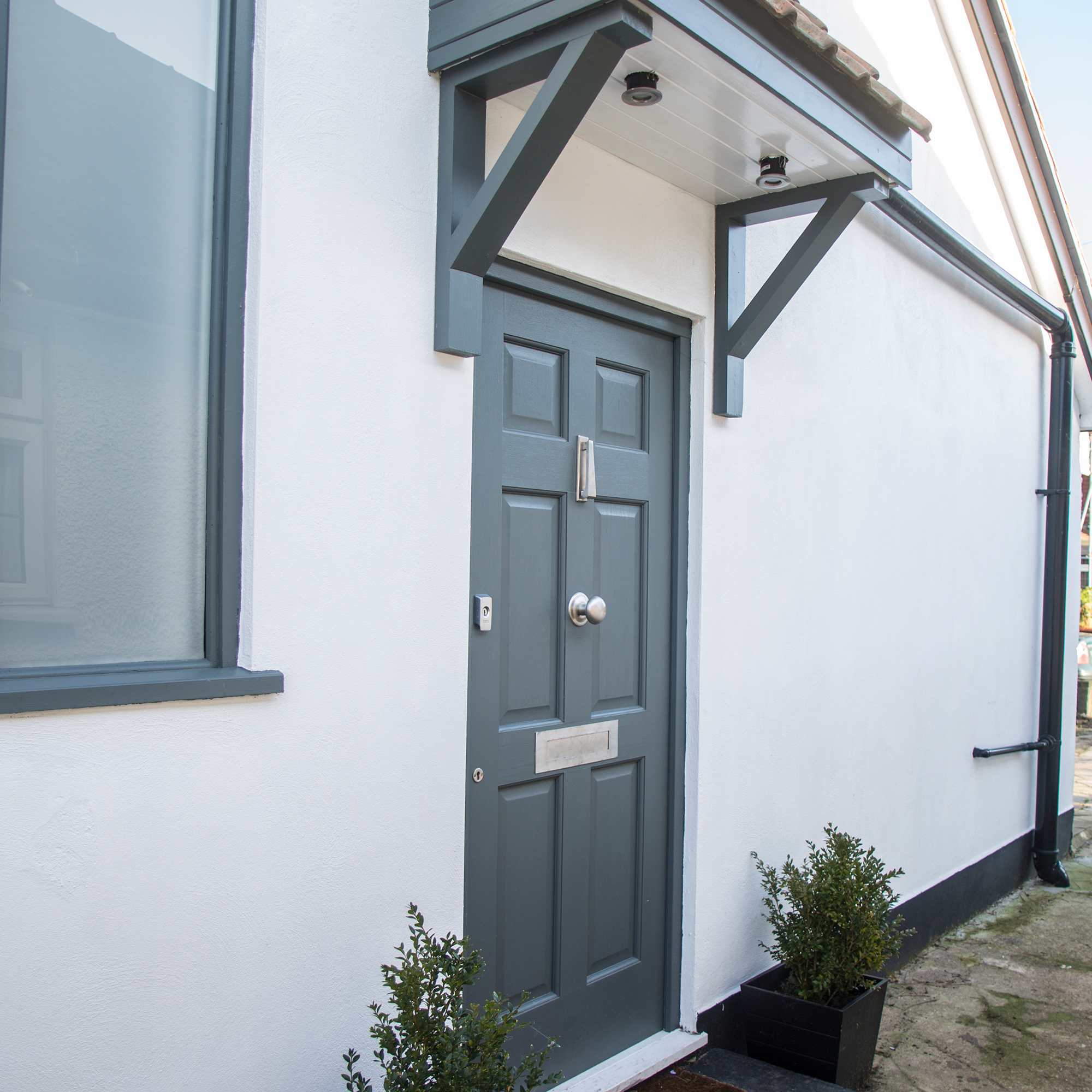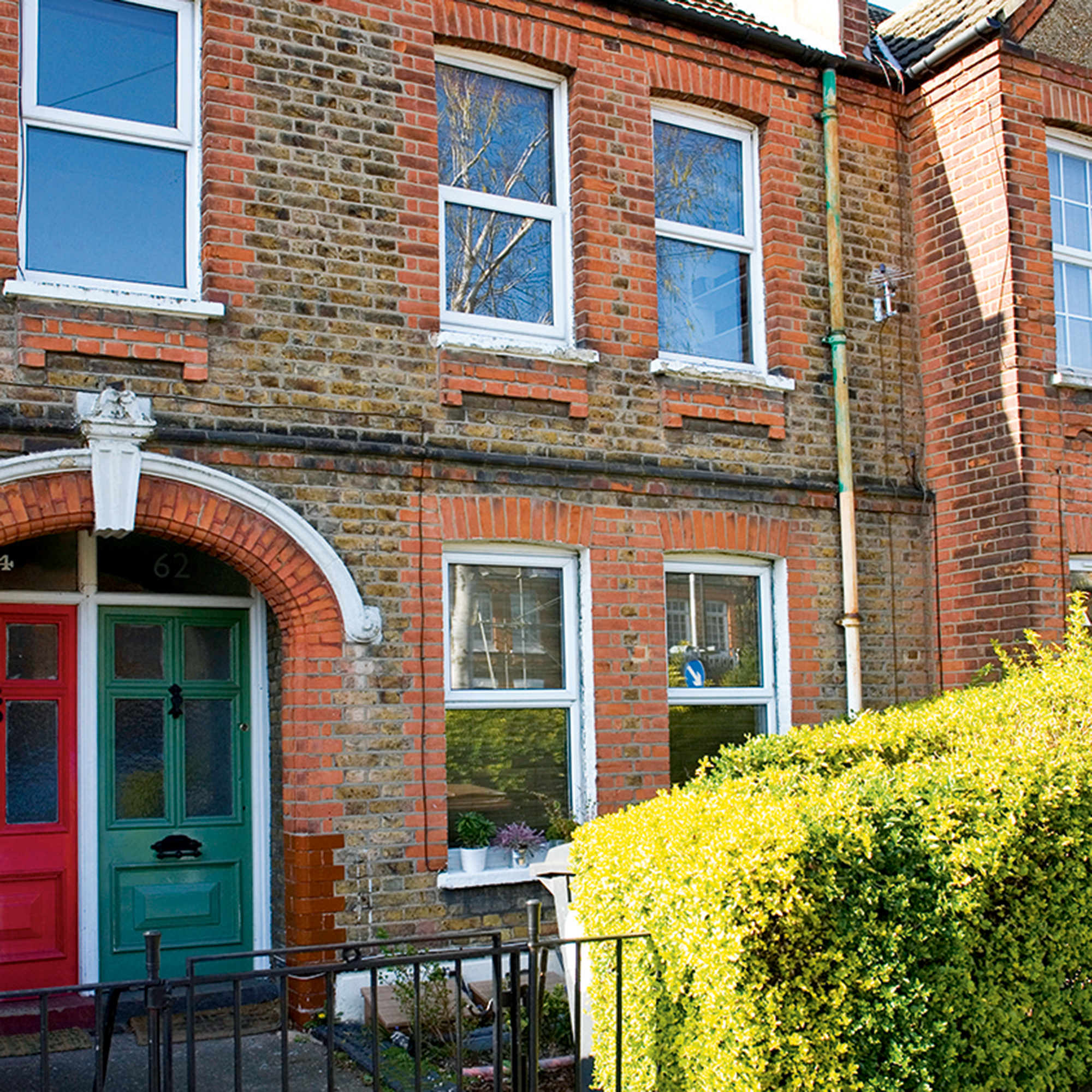
Homebuyer demand may have fallen compared to the frenzied activity we’ve seen in recent years, but there’s still a determined cohort of movers set on a purchasing a pad. In fact, around half a million property sales are expected to take place in the first six months of this year, according to Zoopla.
But buying a house, in particular, getting a mortgage has become a lot harder since interest rates increased and inflation rose to double digits putting pressure on household budgets and making mortgage lenders more cautious over who they lend to and how much.
How to boost your chances of mortgage approval
That’s why it’s more important than ever to review your financial situation, plan carefully for six to 12 months before applying for a mortgage and take advice so that you can avoid making a mistake that could cost you your mortgage.
Here’s our top tips for boosting you chances of mortgage approval

1. Keep your finances stable
'Avoid making any major financial changes in your life at least six months before applying for a mortgage such as switching jobs,' says Chris Sykes, technical director for mortgage broker Private Finance. Being new to your job can affect your chances of getting approved for a mortgage, particularly if you are still in a probation period when you apply.
There are lenders that will consider lending in these circumstances, usually if you have moved jobs within the same industry, but your options can become limited and you may be charged a higher rate.
2. Get your credit score in good shape
A credit score is a numerical rating that tells lenders how good you are at paying your bills and debts on time.
(You can find out what your credit score is by signing up to a credit agency such as Experian, Equifax or ClearScore. Experian and ClearScore allow you to check your score for free. Equifax offers a 30-day free trial, after which you’ll have to pay monthly. The agency will tell you if you score is low, medium or high and how to improve it.)
'A clean credit history and good credit score can improve your chances of mortgage approval,' explains Chris from Private Finance. If your credit score is low the mortgage rate you qualify for might come at a premium so it may make sense to work on improving your score before applying for a mortgage.”
You can improve your credit score by:
- Signing up to the electoral roll so that lenders can easily trace your address history
- Opening a credit card to buy small items which you repay in full immediately to demonstrate you are a responsible borrower
- Ensuring you’re not using more than 30% of the credit limit on any of your credit cards
- Pay off as many small debts as possible remembering to close the accounts afterwards.
You can also check up on your credit history, which shows if you have fallen behind on any credit commitments, if you have had any defaults or County Court Judgements registered against you in the last six years or if there are any mistakes on your credit file that you need to put right.

3. Reduce your monthly debt obligations
As well as boosting your credit score, reducing your debt will improve your chances of passing your mortgage lender’s affordability assessment.
Having debts affects your ability to borrow a mortgage in two ways:
- Regular monthly debt commitments will be deducted from your salary and reduce the amount of mortgage you can borrow.
- Lenders use a calculation called a debt-to-income ratio, where they consider the total amount of debt you have in relation to your annual salary. If it is considered high, you’ll be offered a lower mortgage or rejected.
To boost your chances of getting approved for a mortgage, try to pay off outstanding debts before you apply. This could mean paying off your car and any other pre-existing loans you may have.

4. Don’t take on new debts before your mortgage completes
Your lender will run its credit check at the start of your mortgage application and any debts you have will be considered when the bank works out the maximum mortgage it will lend you.
However, the lender can run a new credit check whenever it likes up until your home purchase completes. If you’ve taken out a large commitment such as a new car loan in the meantime, the lender could withdraw its mortgage offer.
5. File your latest tax return
If you’re self-employed, lenders will want to see your last two years’ HMRC tax returns.
Although the tax year ends on 5 April, you have until 31 January the following year to submit your tax return. If your profits have increased in the most recent tax year, but you haven’t filed your tax return before applying for a mortgage, your higher earnings will not be included in the lender’s affordability assessment which will restrict the value of the mortgage you’re offered.
'If you’re self-employed and applying for a mortgage, timing around annual HMRC tax returns can be crucial,' explains Adrian Anderson, director of mortgage broker Anderson Harris.
'Tell your accountant you are going to be applying for a mortgage in the near future so they can file your return as any increased amount you pay yourself may have an impact on your mortgage capacity.'

6. Put down a bigger deposit if you can
It may sound obvious, but the larger your deposit the easier it will be to get a mortgage. Not only will the monthly repayments be cheaper because you’re borrowing less, but the bigger your deposit the lower the rate you’ll be offered – making it cheaper again.
You also need to have a higher credit score to get a mortgage with a 5% deposit than you would if you had a 20% deposit. That’s because you pose a bigger risk to the bank so it wants to know you have an excellent payment record.
7. Work with a mortgage broker
A mortgage broker can help you navigate the application process. 'A good broker will know each lender's criteria and which lender should be most suitable for you based on your circumstances and mortgage requirements,' says Adrian Anderson.
'Your broker should be able to access the market leading rates and make the application process as smooth as possible.'






